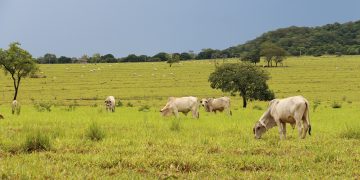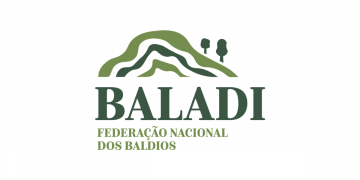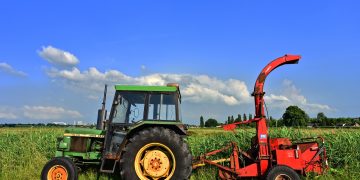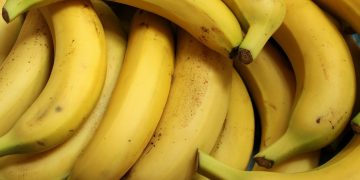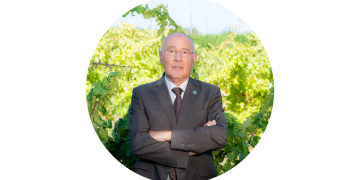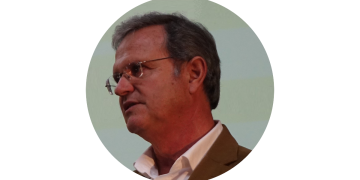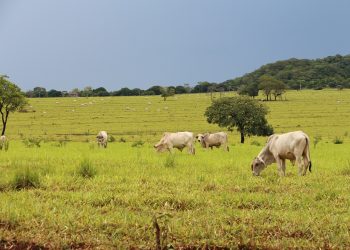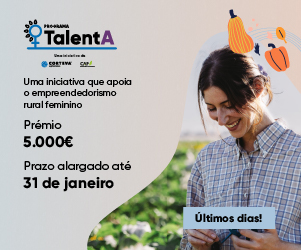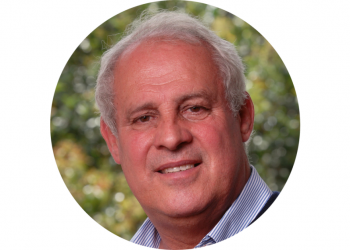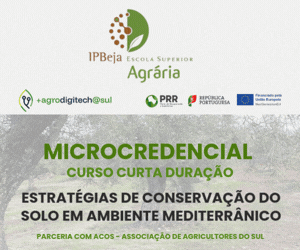On the plains of Crau in southern France, EU-funded researchers are pioneering a new approach to water conservation that allows local farmers to sell or buy their water rights during droughts and distribute water more efficiently.
In the event of a water shortage, the new scheme encourages farmers to either reduce their water usage or request additional water from the preserved communal groundwater, depending on their needs.
The farmers are also asked to set the minimum price they are willing to pay for extra water, or the minimum they would accept in return for reducing water use.
The Crau experiment is one of six Living Labs set up by a four-year EU-funded collaboration called GOVAQUA, launched in 2023. The research team is sharing innovative water management models with local communities to promote sustainable and fair water use in Europe.
“Living Labs bring together different forms of knowledge and ideas and put them into practice,” said Suvi Sojamo, a leading researcher at the Finnish Environment Institute.
Sojamo, who specialises in water governance, water stewardship and water diplomacy, is managing the GOVAQUA team that brings together 12 research and water management organisations from France, Germany, the Netherlands, Romania, Spain and the UK.
A valuable resource
During her studies in environmental science and policy, Sojamo found herself drawn to water, an often-overlooked topic in her home country Finland, one of the top water-rich countries in Europe.
“Water is something we tend to take for granted,” she explained. “But I found an academic community who understood its criticality globally and foresaw it as a rising topic, also for Europe.”
Europe’s rivers, lakes, seas and groundwater are under increasing pressure from pollution, over-exploitation and climate change, according to the European Environment Agency.
“Water is something we tend to take for granted.
European media already refer to water as Europe’s next crisis. In July this year, the European Commission launched the #WaterWiseEU campaign to raise awareness and start working towards a “water-resilient Europe by 2050”.
To tackle these challenges, GOVAQUA is drawing up a list of good practices, with a roadmap for policymakers, businesses and communities, hoping to inspire broader changes across Europe.
GOVAQUA’s work aims to address broader challenges related to water use, such as food production, electricity generation and nature protection, said Sojamo.
Water as an economic driver
Another GOVAQUA Living Lab is nestled in the Dunavăț area of Romania’s Danube Delta.
Here, the focus is on reversing decades of environmental degradation by restoring wetlands drained for agriculture. Once revived, these wetlands could play a crucial role in protecting local communities from the growing threat of drought – a danger that would have been unthinkable only a few decades ago.
“Environmentally, these wetlands are invaluable,” said Codruța Savu, a policy expert at WWF Romania, which leads the Dunavăț Living Lab.
In addition to increasing water availability during dry periods, Savu noted that wetland recovery will sustain fishing and reed harvesting, both crucial for the local economy. It will also help preserve the region’s biodiversity, thus providing additional economic benefits through tourism.
“The wetlands are expected to attract more tourists, offering increased income opportunities for the community through activities like bird watching and guided nature tours,” added Savu.
Biodiversity nexus
For Soile Kulmala, a Senior Research Scientist at the Finnish Environment Institute, it is time to move beyond solving environmental problems one by one and take a more systemic approach to increasing environmental sustainability.
Kulmala is coordinating a parallel EU-funded research initiative called BIONEXT that is taking a fresh look at how people interact with nature, with a focus on biodiversity. She stresses the important role of biodiversity in areas such as food production, climate regulation, human health – and water quality.
“In BIONEXT, we put biodiversity at the heart of everything,” said Kulmala, who refers to this approach as the biodiversity nexus.
The biodiversity nexus, she said, demonstrates the diverse, intertwined relationships between people and nature. In addition, it provides a basis for making better decisions on how we manage and interact with nature.
By August 2026, the research team, which includes scientists and project managers from Belgium, Czechia, Germany, Greece, the Netherlands, Romania and the UK, aims to explore how human activity impacts nature, including water.
In turn, they are also looking at how changes in nature affect human systems. A major goal of the BIONEXT team is to help encourage policymakers to integrate biodiversity into their decision-making.
“We aim to develop guidelines and recommendations for transformative change in our systems and policies, to achieve a more sustainable future,” said Kulmala.
A key decision-making tool the researchers are working on is an app called BIONEXT Pathways.
“We aim to develop guidelines and recommendations for transformative change in our systems and policies, to achieve a more sustainable future.
The app is currently in development and will use a combination of two complex data-crunching methods to analyse the findings provided by biodiversity experts.
Once ready, it will help users explore and implement strategies that support biodiversity and create a healthier environment. It will be grounded in real-world examples and present several options for every problem involving the environment and biodiversity, each with its pros and cons.
Kulmala, who has been working as a researcher and university lecturer in the management of environmental resources since 2004, has a deep personal commitment to biodiversity conservation.
She recalls donating money received as a graduation gift over 20 years ago to the Finnish Natural Heritage Foundation. This helped preserve a portion of the ancient Häme forest north of Helsinki.
“With my contribution, they were able to buy and protect a small piece of forest,” she said. “This is something truly close to my heart.”
Risks and opportunities
Human interactions with nature often negatively impact water, the environment and biodiversity simultaneously, Kulmala said.
For example, the BIONEXT researchers have discovered that energy production can cause water brownification, when organic matter darkens water, or eutrophication, where an excess of nutrients causes algae overgrowth. Both of these can harm aquatic life and affect fisheries.
“This emphasises the interconnectedness of energy, water and food production through biodiversity,” said Kulmala.
However, the BIONEXT team has also found that over 30% of our interactions with nature can bring about positive change. These include promoting new biodiversity-friendly agricultural practices, or more sustainable diets with less meat, and restoring forests and peatlands.
A further impetus should come from the EU’s Nature Restoration Law, which sets legally binding targets to restore 20% of degraded land and sea ecosystems by 2030.
Research in this article was funded by the EU’s Horizon Programme. The views of the interviewees don’t necessarily reflect those of the European Commission. If you liked this article, please consider sharing it on social media.
O artigo foi publicado originalmente em Horizon, the EU Research and Innovation Magazine.

